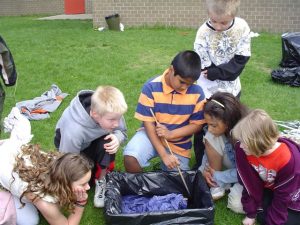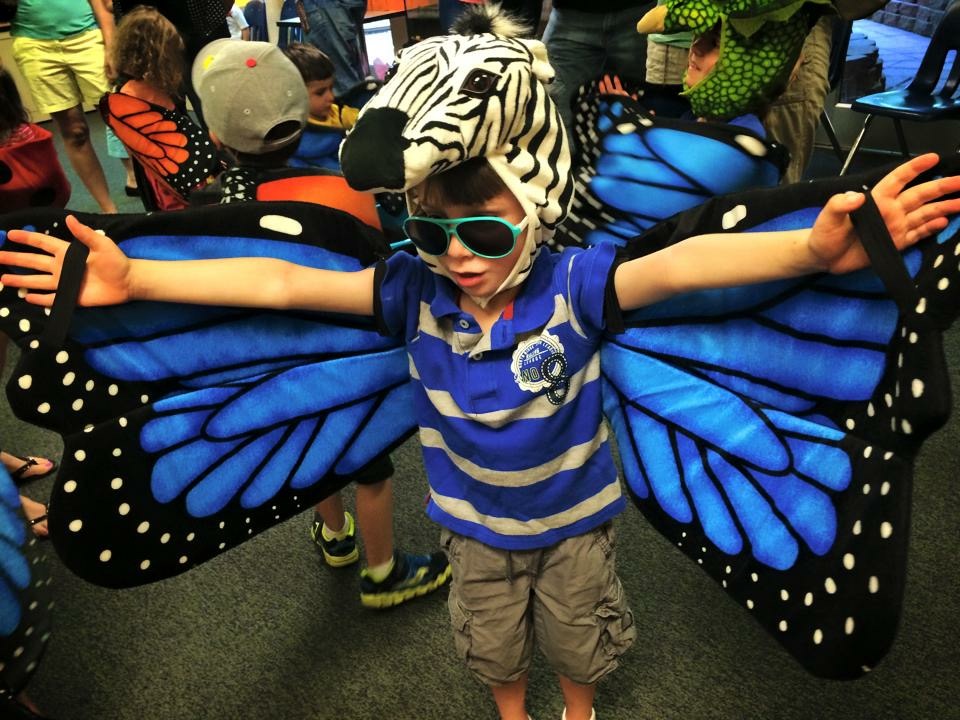Nonacademic skills are the foundation that needs developed in order to grow the academic skills. In addition to the school year, summer is the time to have children build these skills.
Nonacademic Skills

A few of these skills are listed below. These skills can be further developed in the summer months and reinforced during the school year.
• Self-regulation is the ability to monitor and control our behavior. The way we think and react to various situations.
• Problem solving is the process of working through details in a particular situation. The end result is to reach a solution.
• Growth mindset is when a person understands how to develop their talent or ability.
• Communication with peers, adults, and siblings builds oral and written skills. This develops vocabulary.
• Compassion is the awareness of another person’s emotions and to experience the desire to help.
• Making new friends strengthens Relationship building.
Modeling such skills is a way of teaching them to young adults. These skills build character. They help young people to be successful. Children must have confidence and be optimistic about their lives. We must enable them to face today’s society. Young children must be able to improve today’s world. Children must understand both failure as well as success.
Two More Important Skills
The skills that are not listed may be two of the most important. They are the ability to be punctual and to dress for the occasion. Displaying good manners and obeying social practices at all times is an important nonacademic skill.

How To Help At Home
• Discuss with young and older children different types of communication.
• Help them to understand the importance of the volume of their voice. Children should speak in a voice that is appropriate to a specific setting.
• Show how the communication is different with friends, in school, or with family. This teaches what is acceptable and unacceptable in different surroundings.
• Words like ‘thank you’ and ‘please’ need to be emphasized.
• Demonstrate the importance of eye contact when someone is speaking to them.
These are some ways to strengthen nonacademic skills and to help build the foundation for academic learning. In school and at home, these skills need reinforced and modeled. In modeling these skills daily, we are helping our youth prepare for future success in and out of school.




